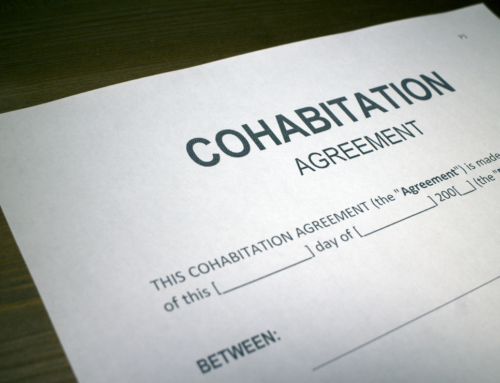What are the grounds for divorce?
There is only one ground for divorce in England and Wales: irretrievable breakdown of marriage. To prove irretrievable breakdown of marriage, one party must demonstrate one or more of the following:
• The other spouse has committed adultery;
• The behaviour of the other spouse has been unreasonable;
• A spouse has deserted the other for a period of two years;
• The spouses have been separated with consent for two years or the spouses have been separated without consent for five years.
We have only been married a short time. Can I file for divorce?
You cannot petition for divorce in England and Wales, if you have been married less than one year. After 365 days of marriage have passed, then you will be allowed to petition for a divorce and you must demonstrate that your partner’s behaviour is unreasonable or that they committed adultery, which may be hard to prove if your partner denies they had an affair.
What conduct qualifies as ‘unreasonable behaviour’?
There is no definitive list as to what qualifies as ‘unreasonable behaviour’. You must show that, nobody could expect you carry on living with your spouse together because of their conduct. Examples of ‘unreasonable behaviour’ include:
• Continuous name calling.
• Lack of sex.
• Disinterest in you or the family.
• Disrespectful or undermining behaviour.
• Lack of financial support in maintaining the household.
• Violent or abusive behaviour.
I have received the Decree Nisi. Does this mean I am divorced?
No, a Decree Nisi does not mean that you are legally divorced. The court issues the Decree Nisi to stipulate that both parties must wait six weeks and one day before they can file for the Decree Absolute (divorce decree). The court uses this period of time to see if anyone objects to the divorce. If nobody objects, you are free to file for the Decree Absolute. It is only when you obtain the Decree Absolute that you are legally divorced.
What if my partner, the petitioner, does not apply for the Decree Absolute, can I apply?
Yes, once the court has issued the Decree Nisi you can apply for the Decree Absolute if your partner fails to do so. However, you must wait four and a half months from the Decree Nisi being issued.
How long does the divorce process take?
A typical divorce takes between three and six months. However, this depends on how quickly your partner responds to your petition. The divorce may also be delayed if you and your partner disagree about how to divide assets or disputes arrangements for the children. It is best to arrive at an agreement on these matters prior to applying for divorce, if possible.
When can I marry again?
You are free to marry again once the Court has issued the Decree Absolute. Prior to this you cannot remarry.




